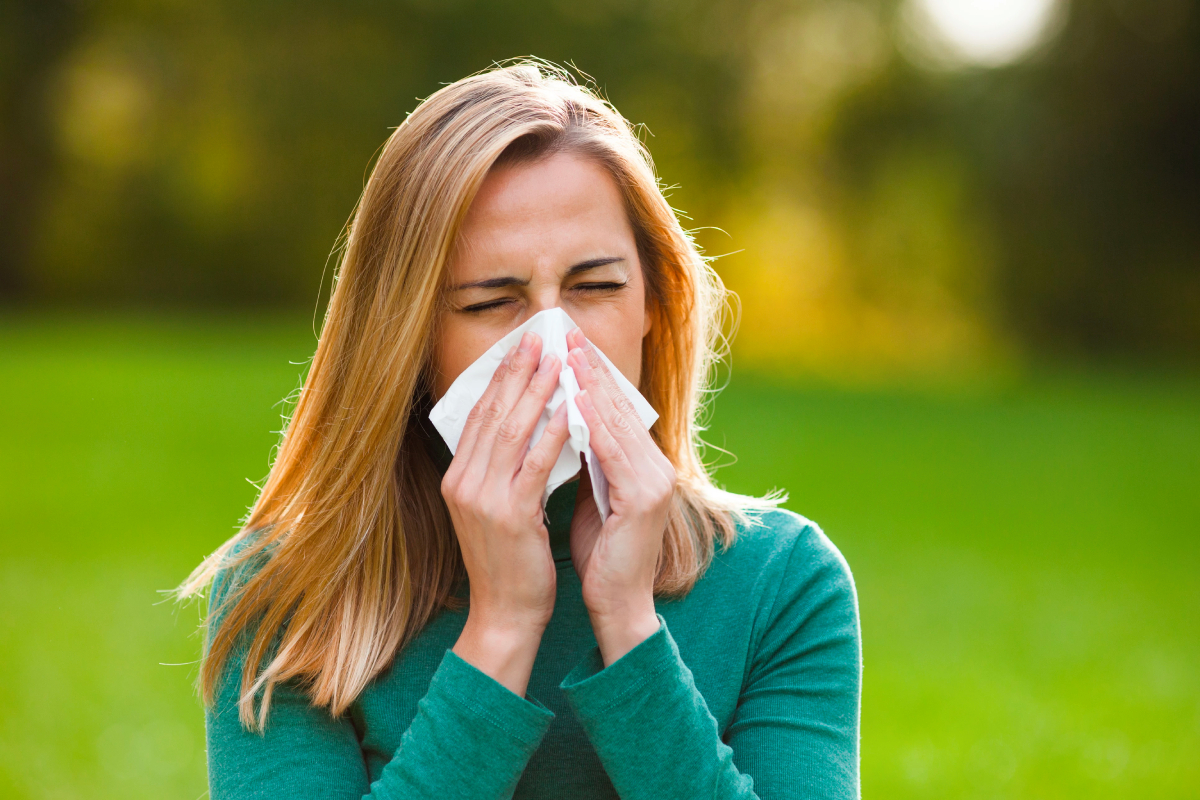
Persistent nasal congestion and ongoing discomfort may signify more than just seasonal allergies. Chronic rhinitis, characterized by prolonged inflammation of the nasal mucous membrane, can significantly disrupt daily routines. Gaining insight into its underlying causes, discerning symptoms, and exploring available treatment modalities is paramount for effectively managing this condition.
Defining Chronic Rhinitis:
- Prolonged inflammation affecting the nasal mucosa.
- Symptoms vary in intensity and duration.
- Distinguishing between allergic and non-allergic rhinitis is crucial.
Allergic and Non-allergic Rhinitis:
- Allergic Rhinitis:
- Results from an immune system overreaction to allergens.
- Common triggers include pollens, dust mites, animal dander, mold, and specific chemicals.
- Symptoms can persist for years before a chronic rhinitis diagnosis.
- Non-allergic Rhinitis:
- Triggered by factors beyond allergies, such as air pollution, weather fluctuations, infections, spicy food, medications, and more.
- Less prevalent than allergic rhinitis, with some cases lacking a definitive cause.
Common Symptoms of Rhinitis:
- Runny or congested nose
- Post-nasal drip
- Sneezing
- Itchy eyes, ears, nose, and throat (in allergic rhinitis)
- Watery eyes (in allergic rhinitis)
- Nasal obstruction
- Crusting, bleeding, or purulent discharge
- Loss of smell, facial pain, and headaches
Causes of Chronic Rhinitis:
- Allergic Rhinitis Causes:
- Immune response to allergens like dust mites, pet dander, or pollen.
- Release of histamine and other inflammatory chemicals by nasal lining cells.
- Persistent Non-allergic Causes:
- Viral infections, irritants (smoke, strong odors, chemicals), changes in humidity.
- Hormonal fluctuations, spicy food, certain food additives, and medication side effects.
Treatment Options:
- Medications (antibiotics, antihistamines, decongestants, corticosteroids)
- Nasal saline rinses (neti pot or bulb syringe)
- Allergy desensitization injections (allergy shots)
- Surgical intervention in severe cases
Risk Factors:
- Advanced age
- Chronic colds leading to sinus inflammation
- Genetic predisposition to allergies
Prevention Strategies:
- Allergy testing to identify triggers
- Avoidance of known allergens
- Regular cleaning to eliminate dust, dander, or mold
- Limiting outdoor activities during high pollen seasons
Conclusion: While chronic rhinitis lacks a definitive cure, comprehensive understanding of its etiology, symptoms, and treatment options empowers individuals to manage the condition effectively. Combining preventative measures, allergen avoidance, and appropriate medical interventions can mitigate symptoms and enhance the overall quality of life for those grappling with chronic rhinitis.



